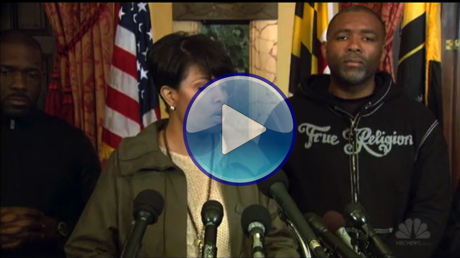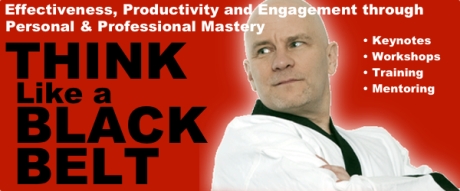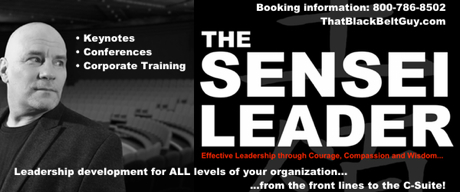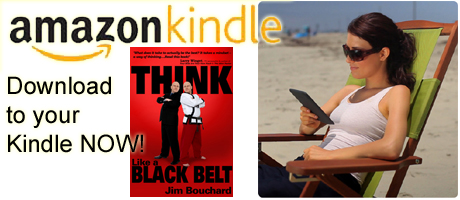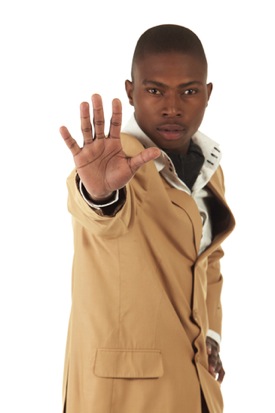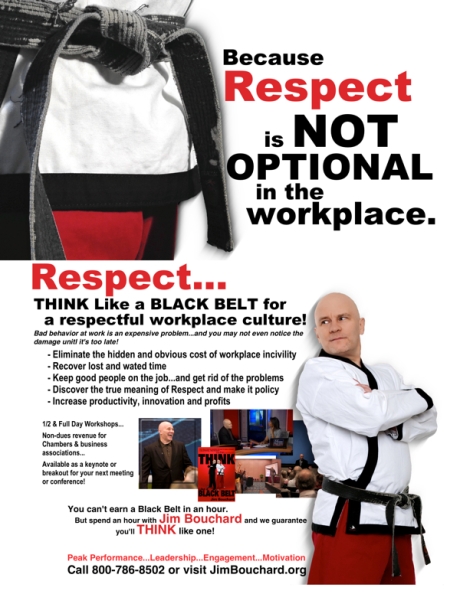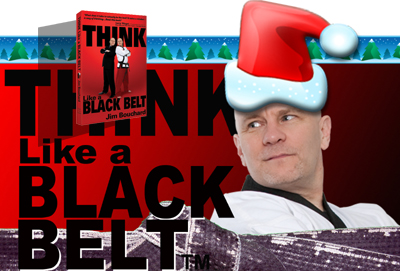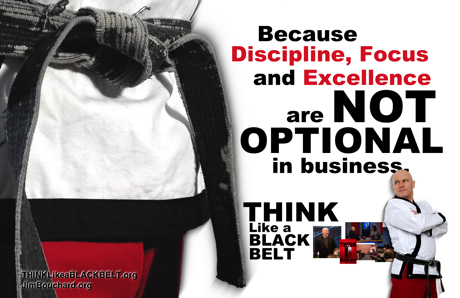 This may surprise you, but I really don’t have a problem with participation awards, especially for kids. It does no harm to recognize a kid for “just showing up.”
This may surprise you, but I really don’t have a problem with participation awards, especially for kids. It does no harm to recognize a kid for “just showing up.”
However––that participation trophy shouldn’t be 3 feet high and it shouldn’t be the same as the champion’s.
If you want to cultivate a certain behavior, reward it. The fundamental skill that we need to cultivate in kids is, in fact, showing up. We can build from there.
If you want kids to “show up,” then reward them. Nothing wrong with that. If a kid makes it through a tough season of practice and games, by all means give them a participation medal.
Save the 3 foot trophy for the champions. It’s perfectly appropriate to recognize exceptional performance with an exceptional award.
If you have an issue with that, remember that a kid can work hard and still end up on a losing team. Your kid’s championship potential is subject to many conditions outside his or her control including where you live, who the coach happens to be and whether or not their team drafted the biggest kid in the league.
At the same time, a kid on a championship squad might receive a trophy as big as he is just for riding the bench. None of this is fair, but life itself isn’t always fair. That’s the greater lesson.
We actually have quite the opposite problem and it doesn’t end at Little League or high school graduation. We too often tolerate, condone and at times even reward bad behavior. We’re afraid to stand against egregious acts for fear of retaliation and political correctness has stifled constructive criticism and debate.
In the workplace this unintended negative reinforcement takes the form of giving a promotion to the person who never rocks the boat. We give raises for time served regardless of production and we often condemn meritocratic pay systems as being somehow unfair. We keep problem employees in place to avoid protracted legal challenges.
As a society we’re pressing for ever higher levels of minimum wage. Isn’t this the ultimate “participation trophy?” Many people believe that every adult should earn a “living wage” just for showing up.
Give the kids the participation awards. Train them to show up––and to keep showing up even when it’s tough.
When they win, give ‘em the big trophy. Teach them that hard work can earn greater rewards––and that it’s not just the starters that make a successful team.
Draw the line at adulthood. If you’ve been taught these values, you should now realize that showing up is the bare minimum. Minimum effort produces minimum rewards. If you want a shot at the big trophy, you’ve got to put in a big effort.
And you’ve got to accept the fact that no matter how much you deserve to win, sometimes you’re going to lose.
The participation award for grownups is life itself. No matter what your current circumstances and conditions, you can usually find someone worse off than yourself. No matter how bad it is right now, if you’re vertical and mobile you can usually do something to change it.
For kids, lets train them to show up. Let’s train them that if they work hard, and they get some breaks, that they may enjoy greater rewards.
Let’s also train them not to be afraid of taking intelligent risks. Let’s teach them to be courageous and confident. Let’s train them to keep showing up even when things aren’t going their way.
When they show up, give them the participation award––
But never deny the champions their trophy.
 Picture of trophy courtesy of Pixtawan and FreeDigitalPhotos.net
Picture of trophy courtesy of Pixtawan and FreeDigitalPhotos.net





